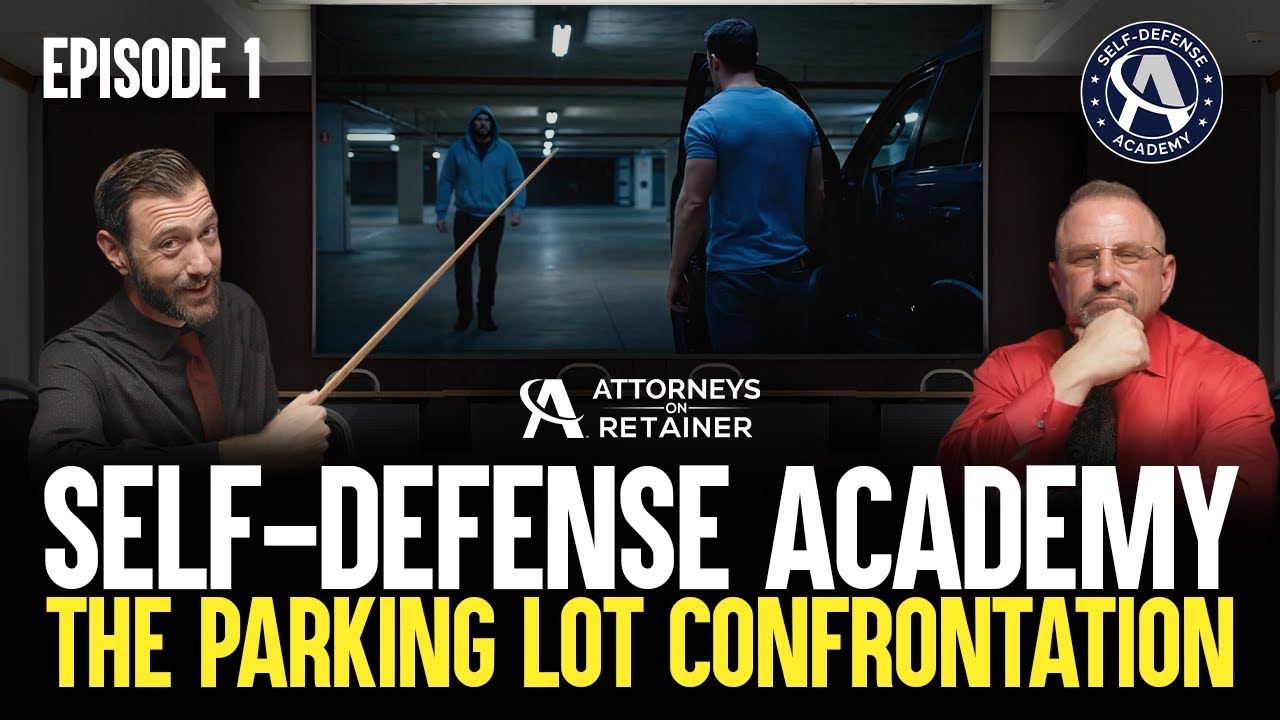FRT vs the ATF: December 2024 Update
Featuring Attorney Rachel Moss
December 20, 2024
Forced Reset Triggers (FRTs) have thrown the Bureau of Alcohol, Tobacco, Firearms, and Explosives (ATF) into controversy, as the agency has classified FRTs as machine guns. This classification stems from the fact that FRTs are engineered to reset faster than standard triggers, thereby significantly increasing a firearm’s rate of fire.
In March 2022, the ATF issued an open letter to Federal Firearms Licensees (FFLs), stating that FRTs fall under the definition of machine guns and should be surrendered voluntarily. The core issue, however, is whether FRTs legally qualify as machine guns under federal law or whether the ATF overstepped its regulatory authority. Criminal defense attorney Rachel Moss analyzes this question, unpacking the legal arguments and implications surrounding the ATF’s controversial stance.
“The good news is that the courts are finally starting to put ATF in their place.”
– Attorney Moss
Federal Definition of a Machine Gun
Machine guns are firearms capable of discharging more than one round with a single pull of the trigger. As a result, the National Firearms Act (NFA) imposes strict regulations on them, effectively prohibiting civilian possession. Exceptions are made only for military personnel and law enforcement officers. Unauthorized possession of a machine gun can result in severe penalties, including up to ten years in prison, fines of up to $10,000, and forfeiture of the weapon.
ATF’s Regulations and Resulting Legal Action
After classifying FRTs as machine guns, the ATF pressured individuals to surrender them under threat of prosecution. This move sparked backlash from FRT owners and the National Association for Gun Rights (NAGR), leading to two major lawsuits, one in Texas and another in New York.
While the New York case halted Rare Breed’s production of FRTs, the Texas case resulted in a significant victory for gun rights advocates. In July 2024, the U.S. District Court for the Northern District of Texas granted summary judgment in favor of the plaintiffs. The court ruled that FRTs, which require the trigger to reset and be pulled after each shot, are not machine guns, unlike weapons that fire multiple rounds with a single pull. This technical difference was central to the decision, which also cited the Supreme Court’s prior rejection of the ATF’s attempt to classify bump stocks as machine guns.
“Summary judgment in a civil suit is basically where a judge makes a decision before going to a trial.”
– Attorney Moss
The Texas court imposed three key restrictions on the ATF:
• It cannot prosecute individuals for possessing FRTs.
• It cannot issue surrender notices or civil enforcement actions to individuals for possessing FRTs.
• It cannot destroy any surrendered FRTs.
Though the ruling applies only within Texas, its implications are national, as it effectively vacates the ATF’s unlawful classification of FRTs.
ATF Rebuttals
As expected, the ATF appealed the lower court’s ruling to the Fifth Circuit. While oral arguments have taken place, no formal decision has been made. The judges appeared sympathetic to the plaintiffs, focusing on the trigger’s mechanical function rather than the user’s intent. Meanwhile, the Justice Department is backing the ATF, attempting to distinguish FRTs from bump stocks, claiming that the lower courts misapplied Garland v. Cargill. Given the circuit split, it is increasingly likely the issue will reach the Supreme Court.
“If either side loses in front of the Fifth Circuit they can choose to appeal this up to the Supreme Court of the United States and I think there’s a good reason that that could happen.”
– Attorney Moss
Attorney Moss will continue to provide updates as this legal battle unfolds. But if you want to learn more about our law firm, Attorneys For Freedom, or our Attorneys On Retainer Program, designed to protect your rights when defending yourself, please contact us by calling 866-404- 5112 or emailing us.



